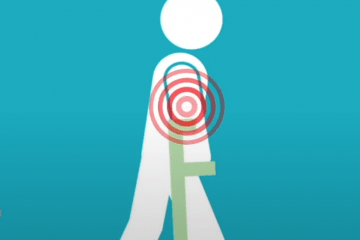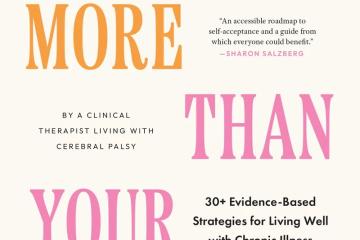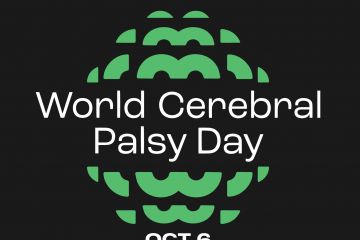How to Get Quality Sleep with CP and/or Chronic Pain
I suppose there has to be one silver lining that comes out of being sheltered in place for months on end (due to Covid-19): I’ve finally been catching up on sleep. The recommended nightly hours of sleep is between 7 and 9 hours. For me, getting a good night’s sleep has been the best way to regain a sense of control and ease during such unnerving times. Not only does sleep improve mood and productivity, but it also strengthens your immune system.
However, sleep is a delicate topic of discussion for the cerebral palsy community. People with cerebral palsy might experience pain, trouble breathing, or have frequent uncontrolled movements during sleep that leads to fatigue the next day. During these unprecedented times, poor sleep can worsen your performance, concentration, and mood.
You should seek medical advice or intervention from a primary care provider or sleep specialist if you are experiencing severe sleep problems. However, here are some methods to try to optimize your sleep!
Get into a steady routine!
Too much activity and screen time in the hour before your bedtime makes it harder to fall asleep. We are all probably on our computers and smartphones more than ever during quarantine, especially if working or learning from home. In the last hour of your day, try to turn your screens off, avoid heavy exercise, and stay away from rich food or drinks. Instead, intentionally get ready for sleep by changing into your PJ’s, showering or washing up, and winding down. If you can’t fall asleep right away, try reading a book (not on a blue-light emitting screen), or listening to soothing and calming music. It is essential to keep your sleep and wake time consistent each day – including on the weekends.
Try to minimize your stress as much as possible.
I’m guilty of suddenly waking up in the middle of the night because I’ve remembered something I have to do the following day, or I have an impending deadline looming over my head. Avoid keeping track of everything in your head; instead, have a paper and pen next to your bed to write down any ideas that you have before sleeping. Rather than thinking of either the current day’s happenings or the next day’s, try doing something mediative or relaxing.
Squeeze in sunlight exposure during the day.
Although we might be stuck indoors during the pandemic, we should still try to get a daily dose of sunlight. Spending time outside (or close to a window) with exposure to sunlight helps regulate your body clock and tells your body when it’s ready to sleep. If you have a private balcony/porch or backyard, then maximize that space. If you have no other choice than to be outside in a public area, then make sure to wear a mask and keep a social distance.
Maintain a healthy and balanced diet.
Some food – especially those high in sugar and refined carbohydrates – can cause inflammation, which induces pain. Chronic pain is, unfortunately, very familiar to those with cerebral palsy. For me, being vegan and avoiding sweets and excess carbs has done wonders for my energy and mood. However, each body is different, so it’s crucial to consult your primary care doctor before starkly changing your diet. In general, you’d want a diet full of fresh fruit, vegetables, complex carbs, and proteins. You can also try to limit caffeine intake to the morning.
Keep physically active.
I see a vast difference in my ability to sleep when I’ve sat in front of my computer all day doing work and skipped my workout that day. Research has reported that previously sedentary adults who exercised four times a week improved their sleep from poor to excellent. Check out CP Resource’s Activity and Movement page for tips on exercises you could do at home.
Figure out the root of your physical pain
About 1 in 2 people with cerebral palsy live in chronic pain. There are so many different causes of pain, and masking it with medication might not always be the best idea. If the pain is from tension or spasms, then consult with your physical therapist about stretches you can do before bedtime. If it’s from the overuse of muscles during the day, try doing some physical relaxation techniques before bed.
If you’ve exhausted all the above techniques to improve your sleep and are still experiencing issues, then it might be time to consult a medical professional. Many doctors are now offering telehealth appointments, so you might be able to speak with them even though the pandemic is surging in some areas. Getting a good night’s sleep is more important now than ever before – you should take your sleep problems seriously and be proactive about improving the quality of your sleep.






